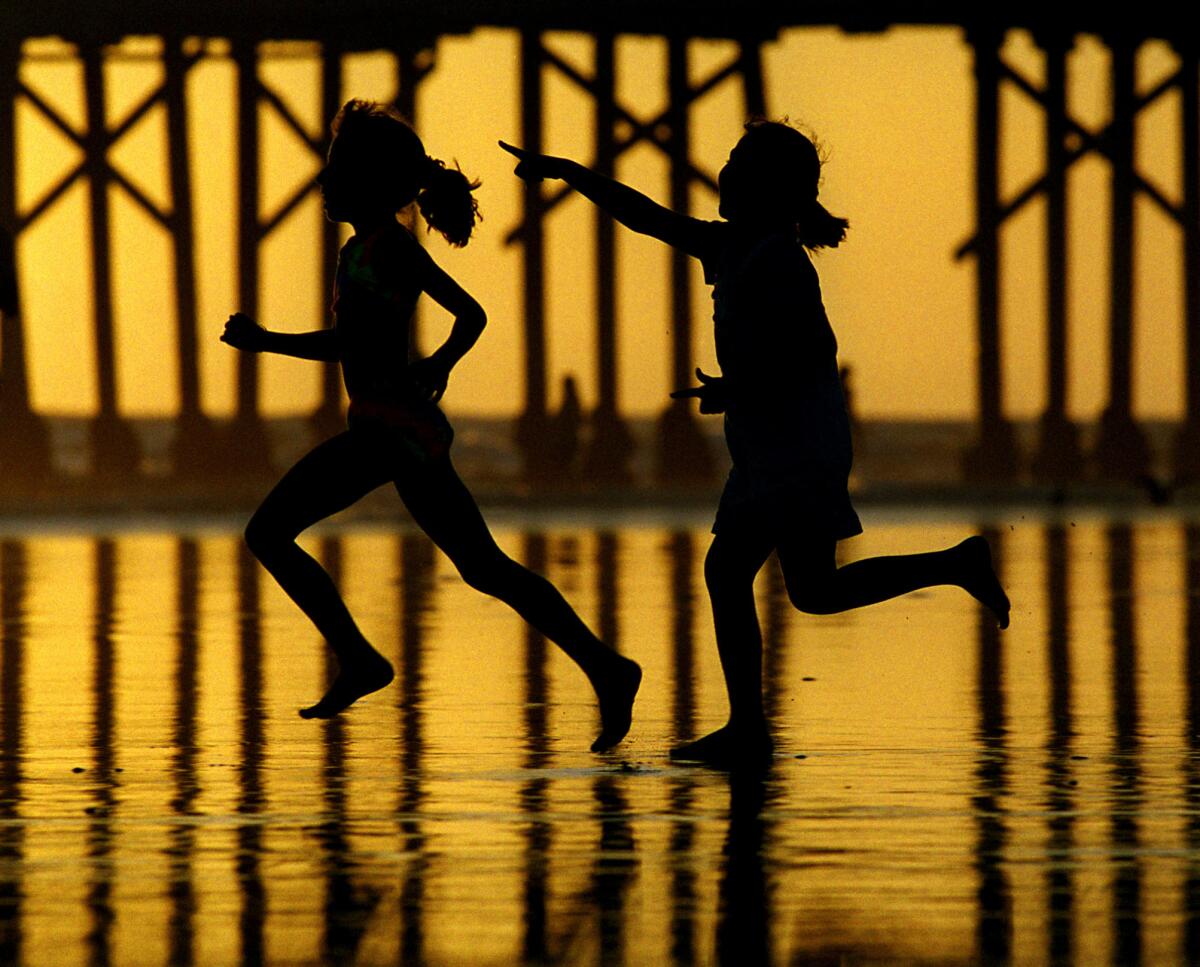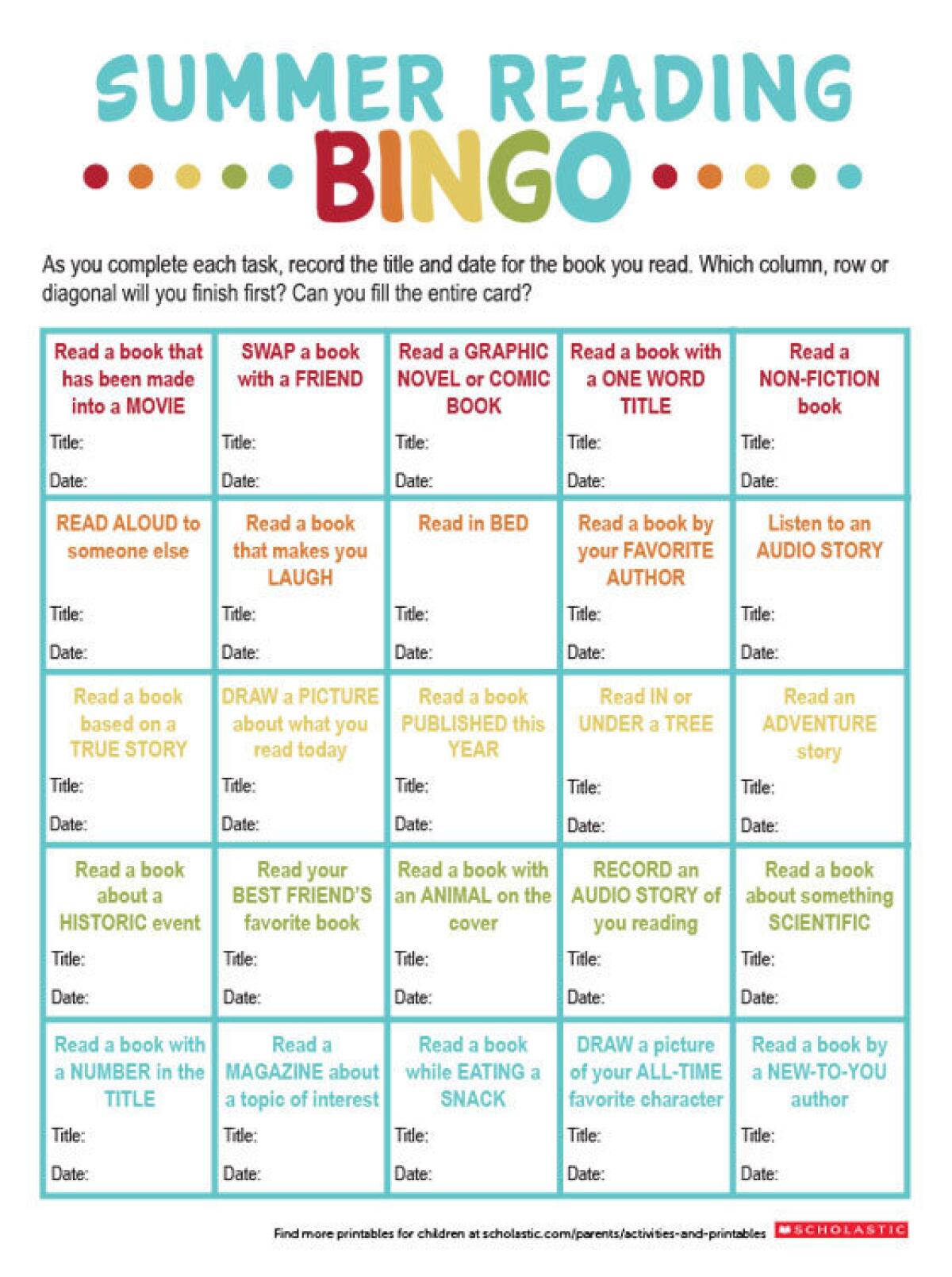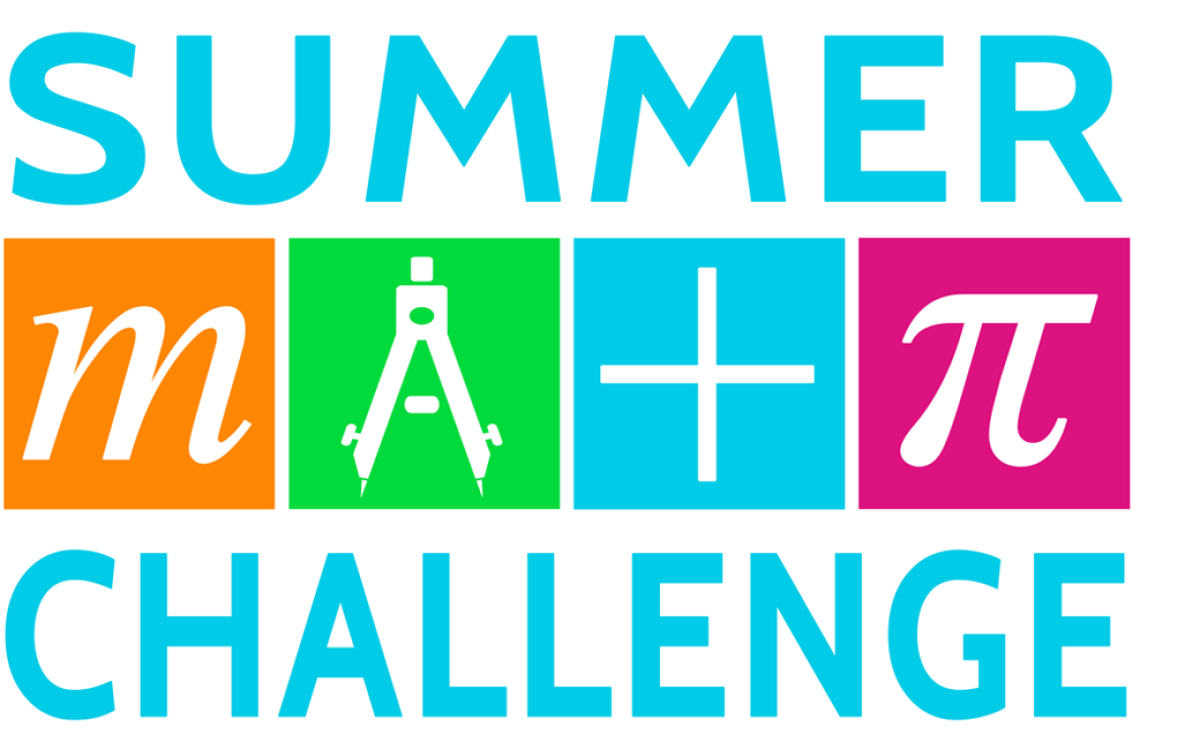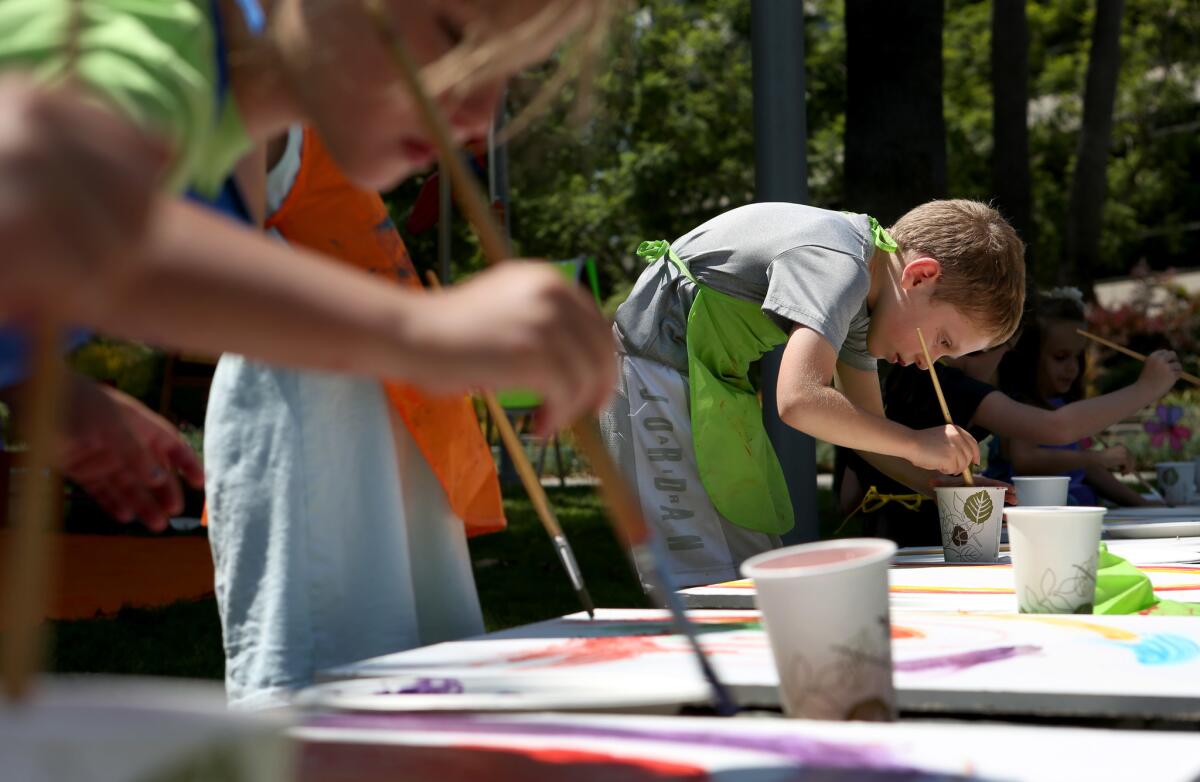School’s out, now what? 3 ways to keep kids learning during summer break

Sure, summer’s great with its carefree, longer days and sweet break from the routine of the classroom.
Here’s the bummer: Over break, kids can actually lose what they've learned over the previous school year. Researchers call it the "summer slide."
Summer break widens achievement gaps between kids from kindergarten through high school.
And, like many things, it hits poor children harder.
As kids from higher-income families actually raise their reading skills during the time off, kids from lower-income families lose two to three months of reading skills in the summer – which they don’t make up in the school year. That means by the fifth grade, they can be behind their peers by 2½ to three years.
Parents loosen up a bit on the routine and habits of the school year, which isn’t always a bad thing.
“Children, in particular, need a break from the demands of formal schooling,” said Matthew Boulay, founder and CEO of the National Summer Learning Assn. “No child, however, should take a break from learning.”
Typically in summer, screen time expands, bedtime is later, reading at bedtime starts later or gets lost altogether. And, let’s be honest, eating habits often suffer too.
If your kids aren’t engaged, they can slide. So the key is to find ways to make summertime learning interesting and fun.
Here are some free or inexpensive resources to keep kids engaged:

1. Ready, set, read!
The library is a great free resource. And summer is the best time to lose yourself in a library.
The Los Angeles Public Library is offering a way to keep kids reading during the summer. And not just the kids. The whole family can register. The LAPL Summer Reading Challenge starts Monday and runs through Aug. 5. You can sign up on the website, then log what your kids are reading there. After they complete 10 hours of reading and four activities, they have a chance to win prizes. You can also find age-appropriate reading lists here on the library website.
The Glendale Library has a teen summer reading program called Reading by Design. Teens can join in by reading just about anything – books, magazines, comics, audiobooks. The program started at the end of May and runs through July 28. Activities, held on Wednesdays, range from creating a terrarium to designing a life-size Pac-Man game. (Bonus: According to the site, participants get community service hours for attending the programs.)
In the desert, the Palm Springs Library’s Reading by Design program for pre-K through teens runs from Monday through July 20 – while summer offerings for adults run through August.
Does your local library have interesting summer programs? Tell us what they are in the comments.

Other reading activities
- Swap and discuss books with friends.
- Take nature walks in the neighborhood and write stories inspired by them.
- Create trading cards for story characters.
- Take a reading pledge to read up to 100 books over summer and then search for books that match your interests and reading level.
- Younger readers and parents able to create crafts with them, you can make their own summer reading logs. (For the less crafty among us, there are printable charts available for downloading on PBS Kids.)
- There are tons of online resources for encouraging and tracking reading, including Scholastic, Sylvan, Reading Is Fundamental (RIF), PBS Kids, Sync (audiobooks for teens).
- Play Summer Reading Bingo. Fill the squares with different reading challenges and experiences.

2. Add math to your summer plans
Even more than reading, math skills are a casualty of time away from school. Kids across all demographics lose math skills in the summer. And let’s face it, parents are more likely to read than practice math with their kids.
This free Summer Math Challenge focuses on students going into second through ninth grades in the fall and lasts for six weeks, starting June 19. Each week focuses on one math concept. Parents get daily emails with accessible activities that incorporate math into everyday life to make it interesting for both kids and parents, who don’t have to be math experts themselves. At the end of the program, parents and children can print out a certificate of completion. (The certificate can be a good starting point at the start of the new school year for a conversation with teachers about progress made over the summer.)
Activities
- With younger kids, find math opportunities in everyday activities such as grocery shopping and cooking.
- Turn that annoying water bottle flipping into a math challenge.
- Make geometry shapes with mini marshmallows. (Gum drops work too.)
- Build a Lego fidget spinner.
- Create your own at-home math camp.
- Pinterest is full of fun approaches.

3. Explore new experiences at camp
Even with worries about holding on to knowledge, summer doesn’t have be seen as time to just “do more school,” says John Rogers, a UCLA professor of education and author who focuses on the achievement gap. It’s a chance to dive into experiences.
“Summer opens up space for young people to develop who they are and become new kinds of people,” Rogers said.
The National Summer Learning Assn.’s Boulay agrees: “Summers are a particularly good opportunity to take into account our children’s interests and likes. Building activities around what our children enjoy or want to explore is essential to creating positive summer learning experiences.”
And camps can give kids a chance to explore new experiences, meet new people, even take on new roles.
One of the great things about Los Angeles is that there is no shortage of camps and experiences. Coding, space, dance, improv, surfing, cooking, yoga, “Star Wars,” math — if your kid has a specific interest, there’s probably a camp for it.
Of course, some camps might be too expensive, and getting into them can be hard. The Los Angeles Zoo summer camp, for instance, tends to fill up quickly, even before spring break! It looks like there are a few openings left, if you’re interested.
And it’s not too late to find a camp you can afford.
There are many school-based summer programs that may fit your family’s needs and budget. The Los Angeles Department of Recreation offers low-cost camps across the city for as little as $30 a week — with sibling discounts, free lunch and extended care available. They run from Monday through Aug. 11, in line with the LAUSD break.
The city also offers a free summer sports academy from Monday through Aug. 4. It includes a uniform, free lunch and transportation.
For older children, camps can offer an opportunity to volunteer or work, building communication and leadership skills, independence and the beginnings of that resume.
These enriching experiences, Rogers said, support achievement in school in ways we might not expect and are “really important for all young people to have.”
What activities are your children most interested in for this summer? Share your thoughts on keeping kids engaged and active in the comments below.
Sign up for Essential California
The most important California stories and recommendations in your inbox every morning.
You may occasionally receive promotional content from the Los Angeles Times.








